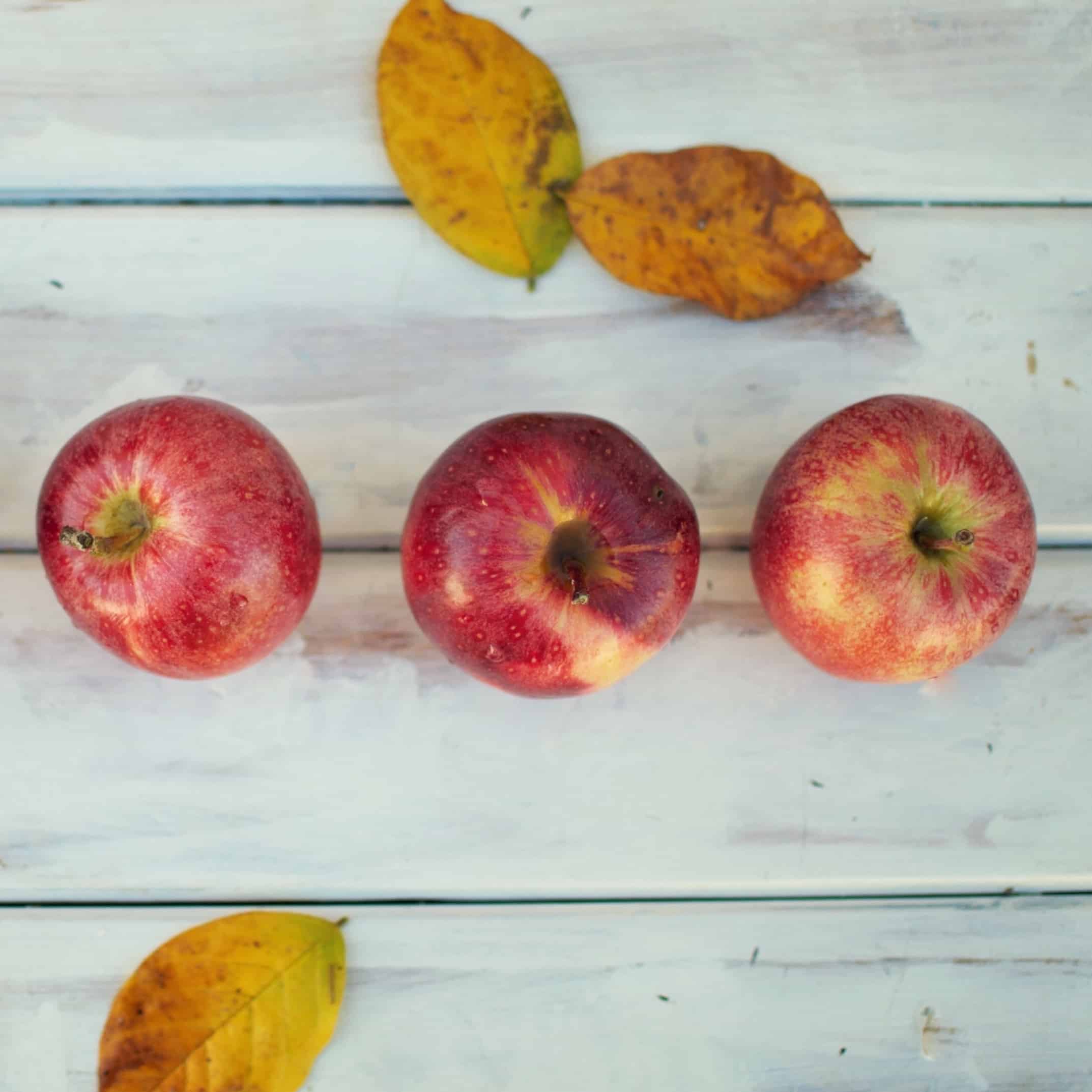Yoga, Aging, and Maintaining that Youthful Spark
According to the Guinness Book of World records, the oldest yoga instructor in the world is 95 years old. Practicing yoga for over 70 years, Tao Porchon-Lynch has learned from the best, integrating her practice into her daily life and sharing her experience with her students. Her vitality has raised some interesting questions in terms of the role of yoga in creating a longer, healthier lifespan. The main question: can yoga help to slow down the process of aging and allow us to hold onto a more youthful glow in mind, body and soul?
Science has been a big fan of yoga in the past few years; it has been proven that yoga can help to reduce stress and benefit the body in countless ways. A recent study in Germany focusing on 24 women saw a significant decrease in stress levels, as much as one third in most participants. Reducing stress has nameless benefits: reduced risk of heart disease, bone disease, arthritis, cancer, circulatory issues and fibromyalgia, just to name a few. The link between stress and life threatening illness has been proven by several medical studies, so it’s no big surprise that yoga remains to be a vehicle in maintaining a healthier lifestyle.
But beyond that, what can we expect in terms of our vitality as we age? Do yogis feel better than the average person as the years go by and, on a more superficial level, do they appear younger and more vibrant?
If you’re only examining the outer tissues, the reduction in stress can really give you that youthful boost. Less stress often means fewer wrinkles, as less furrowing of the brow and forehead can allow for a smoother appearance. Additionally, a healthier attitude towards your life “radiates.” This is why many yogis who have been practicing for a long time emulate a joyful spirit, a light that seems almost intangible. It transcends the outer layers of the skin and surrounds them with vitality and excitement, making the “forever young” vibe more than possible.
Physical appearances aside, yoga can help the mind in maintaining the sharp senses of youth. By reducing the amount of cortisol, the stress hormone, that is released into the body, yoga has been proven to reduce the risk of Alzheimer’s disease and memory loss as we age. The practice of yoga also releases another vital hormone called melatonin, a hormone that regulates our sleeping patterns. As the hormone level decreases, it becomes more difficult to get a good night’s rest. Studies in India have proven that, in a period of three months, yogis have experienced a rise in melatonin, contributing to better rest and a better sense of well-being.
As for Tao, she still drives a car without assistance, loves wearing high heels, and shows no sign of slowing down any time soon. From the insideand out, she is bursting with life, a force that keeps her young. “I watch the beauty of nature,” says Tao, when asked about the process of aging gracefully. “It is telling me that even the trees get more beautiful as they age.” With that attitude, how can age be anything other than beautiful?
We are proud at Yoga Tree Studios to be part of so many lives. As each person grows with us, we become more humbled by the passage of time, honored by the sense of strength in every one of our yogis. We look forward to growing with you all in the future, at our new studio at Bay and Dundas, and at our other studios that have been transformed by your journeys. Many thanks, Yoga Tree yogis! Here’s to the passage of time!
Namaste!


